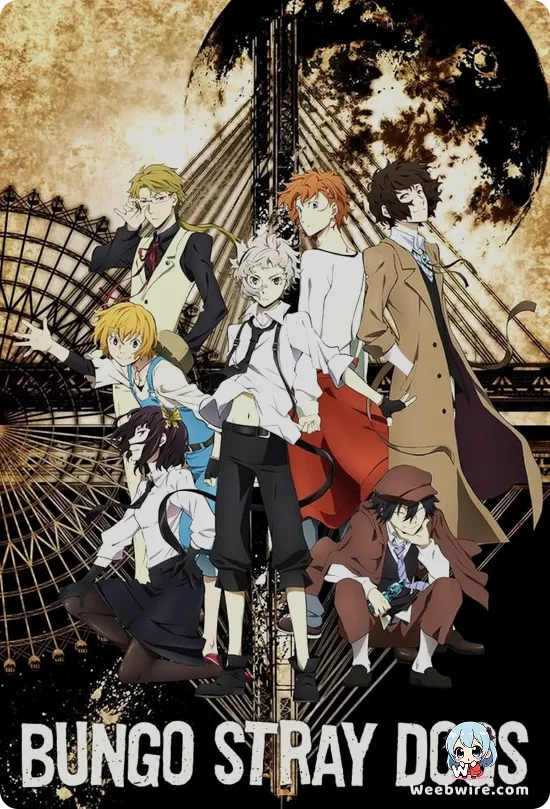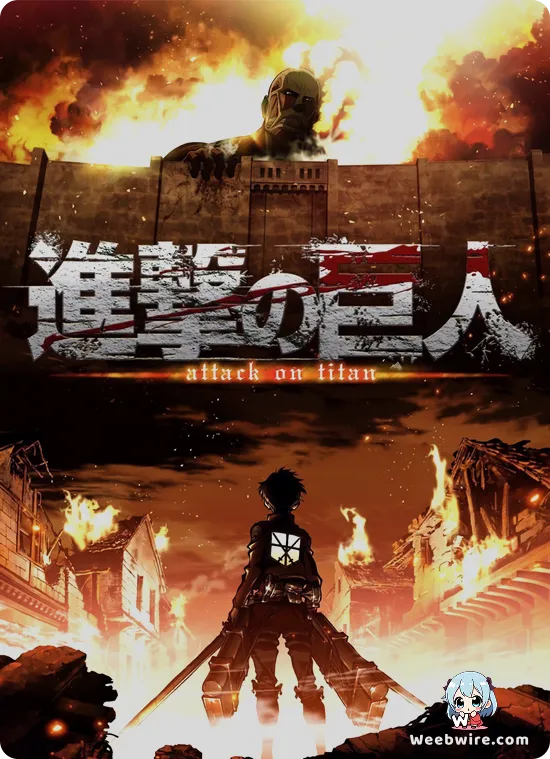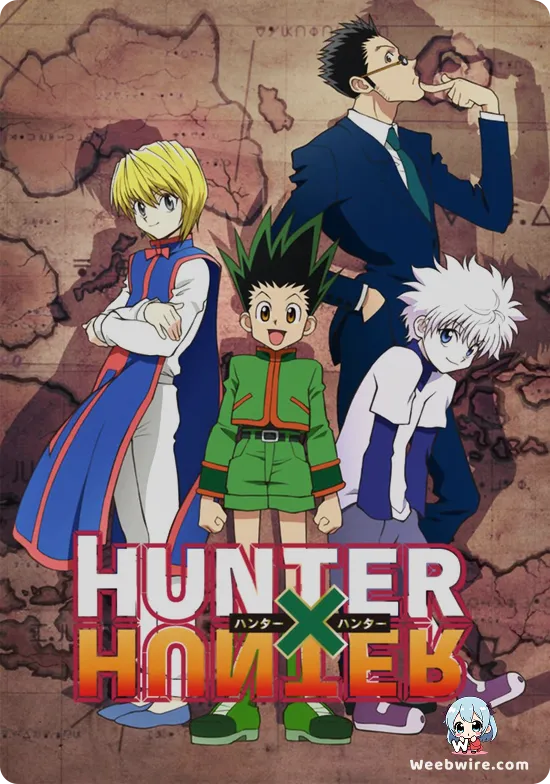
Back to Anime List

© boneswww.crunchyroll.com
Overview
Bungo Stray Dogs Season 5 immediately thrusts the narrative into high-stakes conflict, following the dramatic fallout of the previous installment where the revered Armed Detective Agency has been falsely implicated as a terrorist organization—a framing orchestrated by the enigmatic organization known as the Decay of the Angel. With their reputation destroyed and the full weight of the Japanese government against them, the Agency members are scattered, forced to operate underground, and relentlessly pursued by the elite military unit, the Hunting Dogs. This formidable unit is commanded by Ochi Fukuchi, a veteran with a tragic history and a seemingly unbreakable conviction in his twisted concept of justice, whose ability 'Shintō' poses an existential threat. A central plot thread revolves around the psychological warfare waged between Osamu Dazai, who finds himself incarcerated, and his long-time intellectual nemesis, Fyodor Dostoevsky. Their battle of wits within the confines of the prison complex culminates in a thrilling, high-risk escape plan that profoundly impacts the global supernatural balance. Meanwhile, Atsushi Nakajima and the remaining Agency members must struggle for survival while desperately attempting to uncover the true mastermind behind their defamation. The season masterfully explores deep-seated themes of betrayal, the enduring scars of war, sacrifice, and the relentless cycle of conflict that ties together the past actions of Fukuchi and Fukuzawa. This installment is crucial for character exposition, diving into the origins and complex motivations that drive the season’s main antagonist, enriching the established supernatural world where literary figures wield powerful abilities.
Opinion
The fifth season of Bungo Stray Dogs maintains the series' characteristic blend of intense, strategic action and profound psychological narrative, delivering a critique that is both technically proficient and thematically rich. Studio bones’ animation quality remains exceptional, particularly evident in the fluid choreography of the ability-driven combat sequences and the detailed rendering of character expressions during high-tension dialogues. The visual execution complements the narrative pacing, which is remarkably brisk yet avoids feeling rushed, successfully managing multiple converging plotlines—including the Agency’s exoneration mission and the Dazai/Fyodor prison chess match. The voice acting ensemble provides stellar performances; specifically, Kenjiro Tsuda’s portrayal of Ochi Fukuchi is nuanced, conveying the weight of his tragic motivations and making him a compelling, rather than purely evil, antagonist. Character development is a major strength, deepening the historical relationship between Fukuzawa and Fukuchi, which serves as the emotional core of the season’s exploration of trauma and the unending cycle of conflict. While the intricate plot demands close attention, the payoff is substantial, offering satisfying resolutions alongside thought-provoking commentary on justice and sacrifice. The thematic depth elevates this installment beyond standard supernatural fare, cementing it as a high-quality production that executes its complex vision with professionalism and skill.
Characters
Atsushi Nakajima
Voice: Yūto Uemura
Ochi Fukuchi
Voice: Kenjiro Tsuda
Ryūnosuke Akutagawa
Voice: Yoshimasa Hosoya
Osamu Dazai
Voice: Mamoru Miyano
Kunikida
Voice: Kaito Ishikawa
Ranpo Edogawa
Voice: Kappei Yamaguchi
Aya
Voice: Aoi Yūki
Fukuzawa
Voice: Takaya Kuroda
Fyodor Dostoevsky
Voice: Kōsuke Toriumi
Teruko
Voice: Saori Hayami
Credits
Studio
bones
Cover Art
Sango Harukawa
Publisher
Kadokawa
Producers
bones, Kadokawa, Sony Music Entertainment Japan
Episodes
Season 1
52 episodesInformation
StatusCompleted
Total Episodes52
Duration24 min
Rating8.3
ReleasedSummer 2023
Seasons5
Genres
ActionComedyMysterySupernatural
Related Anime

Fullmetal Alchemist: Brotherhood
Spring 2009★ 9.2
ActionAdventure+2

Haikyu!!
Spring 2014★ 9.1
ComedyDrama+3

Attack on Titan
Spring 2013★ 9
ActionAdventure+2

Hunter x Hunter Story, Characters, Revival News, & Similar Anime
Fall 2011★ 9
ActionAdventure+3

Gintama.: Slip Arc
Fall 2017★ 8.9
ActionComedy+2

Hajime no Ippo: The Fighting!
Fall 2000★ 8.9
ComedyDrama+1